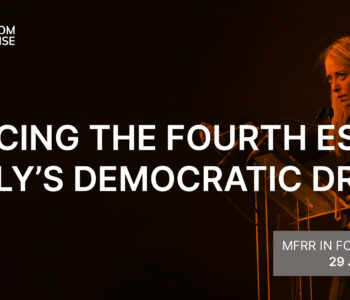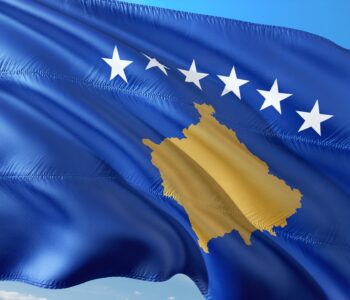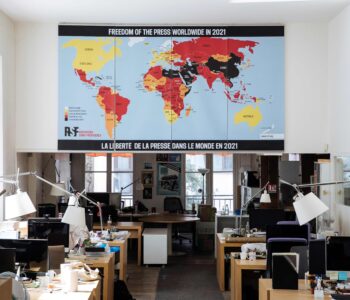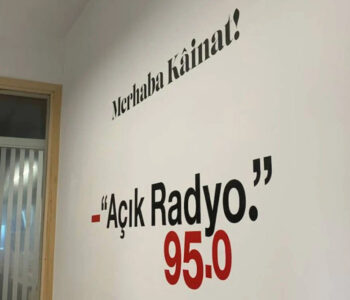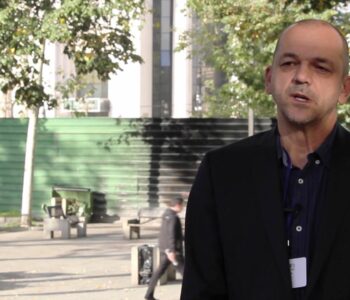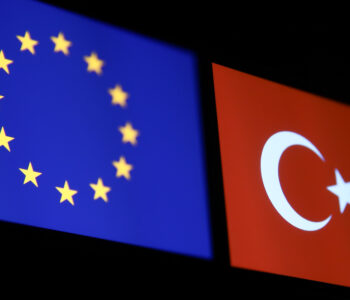
MFRR welcomes the dropping of defamation action against Inès Léraud but vexatious legal threats continue to threaten media freedom across Europe
While we welcome the dropping of the legal action against Inès Léraud, the impact of vexatious legal threats across Europe continues to exert an undue influence on press freedom. This is reinforced by the unknown scale of the issue as many journalists, media workers and outlets cannot go public with threats they have received for fear of repercussions or even more abusive lawsuits in retaliation.
On 22 January 2021, Jean Chéritel, the CEO of the Chéritel group, a fruit and vegetable wholesaler in the Brittany region of France, dropped his defamation action against freelance investigative journalist, Inès Léraud. The legal threat related to Léraud’s investigation, published in Basta! on 26 March 2019, which shed light on alleged illegal practices of the company. The manner by which the lawsuit was dropped echoes a previous lawsuit brought against Léraud by Christian Buson, a Breton agri-food business owner, who also dropped his lawsuit a few days before the start of the trial in January 2020. While the MFRR welcomes the dropping of Mr Chéritel’s defamation action, we note the enduring chilling effect of vexatious legal threats and SLAPP actions (Strategic Lawsuits Against Public Participation) to encourage journalists to self-censor, regardless of the initiation of any actual court proceedings.
Across Europe, in countries such as France, Italy, Germany, Albania, Malta, Poland, Croatia and Hungary, prominent business leaders and politicians continue to threaten journalists, media workers and outlets with costly legal threats with the goal of silencing critical and independent journalism. Whether through defamation, privacy and abuse of data protection laws (based on the EU General Data Protection Regulation, GDPR), reporting in the public interest is too often vulnerable to SLAPPs and other legal threats designed to exhaust legal and financial resources, exert psychological pressure and isolate the journalist (especially pronounced if they are freelance), while also sending a signal to other media actors to avoid the topic.
The MFRR calls for all journalists and media workers to be protected against vexatious legal threats and to ensure laws cannot be abused to target and limit media freedom. This should also include national and Europe-wide legislative and non-legislative initiatives to introduce procedural safeguards and improve legal protection against SLAPP actions and to support journalists and others who are targeted, as also mentioned in the recent European Democracy Action Plan.
